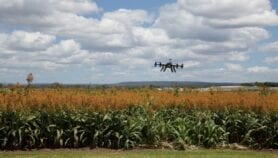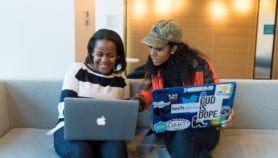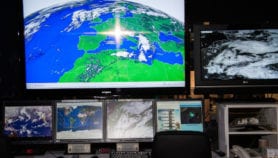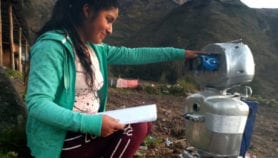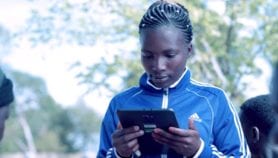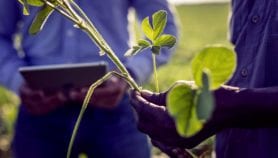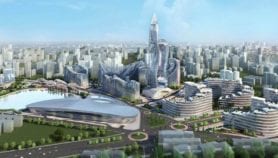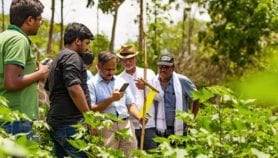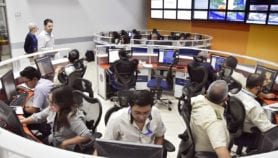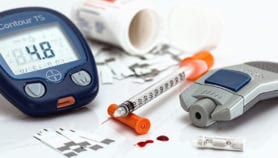Send to a friend
The details you provide on this page will not be used to send unsolicited email, and will not be sold to a 3rd party. See privacy policy.
Information technology offers unprecedented opportunities to speed the process of meeting UN goals for the new millennium. But the so-called ‘digital divide’ between rich and poor means the millions who need this tool most are denied access to it.
In this article, Jane Lubchenco, president of the Paris-based International Council for Science (ICSU), and Suichi Iwata, president of ICSU’s Committee on Data for Science and Technology, argue that the scientific community can be a crucial player in bridging this divide and opening up access to scientific knowledge. At the upcoming first sessions of the World Summit on the Information Society (WSIS), to be held in Geneva in December, they will present an agenda for action emphasising the role of scientists in this global task.
The WSIS preparatory meetings are already indicating that short-term commercial interests could prove a big hurdle. So the way for scientists is clear: to show their commitment to a just information society, they need to get out of the labs and into the corridors of power.
Reference: Science 301, 1443 (2003)




